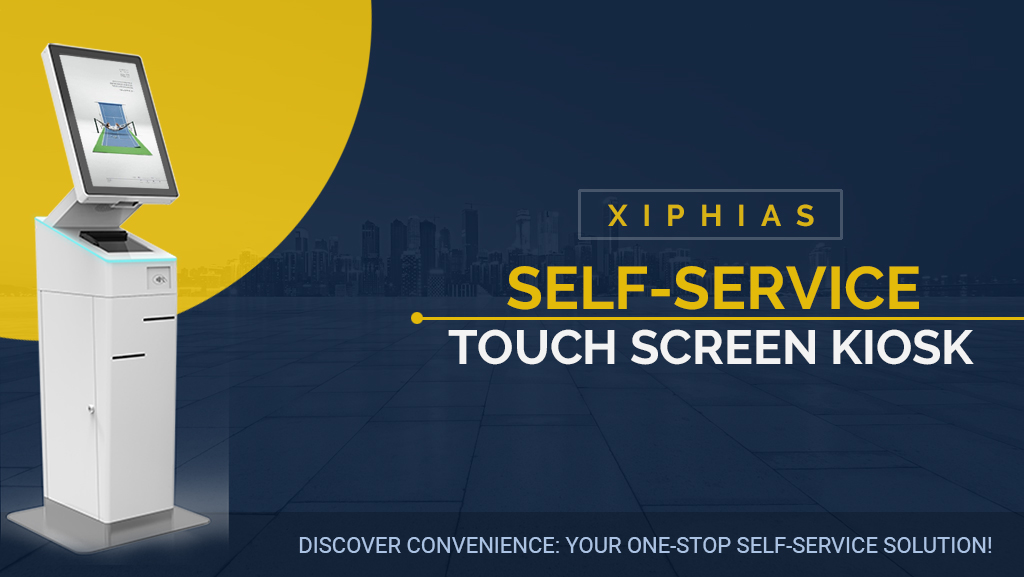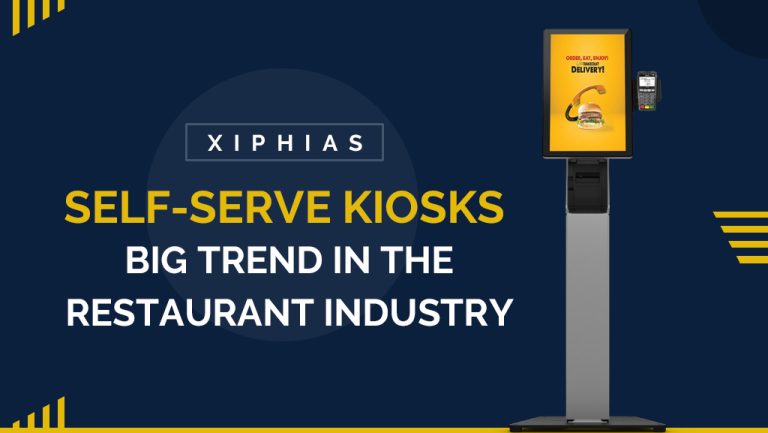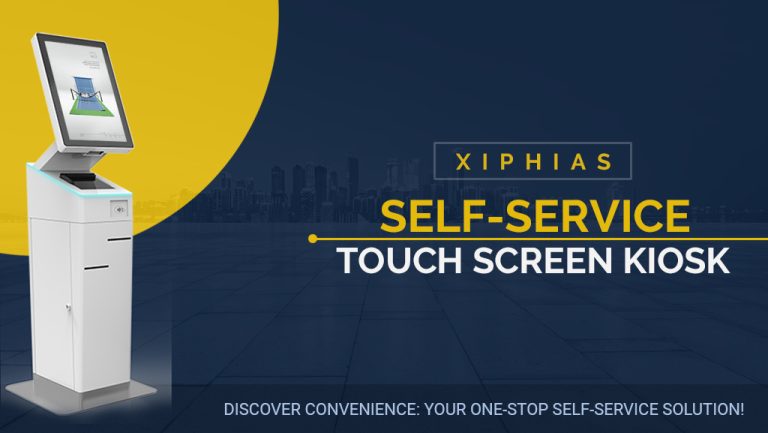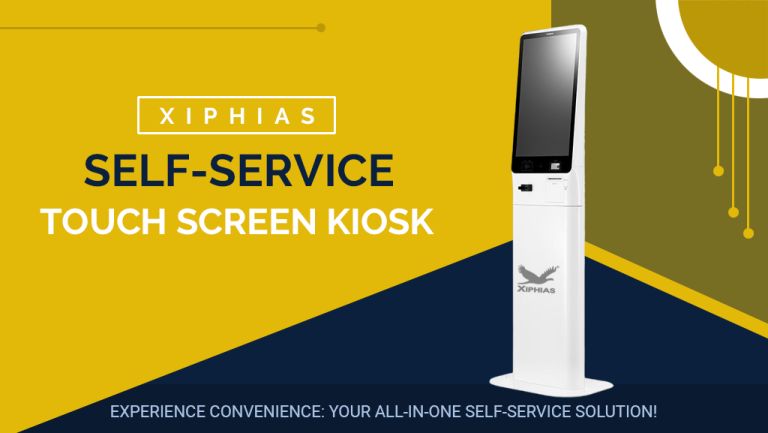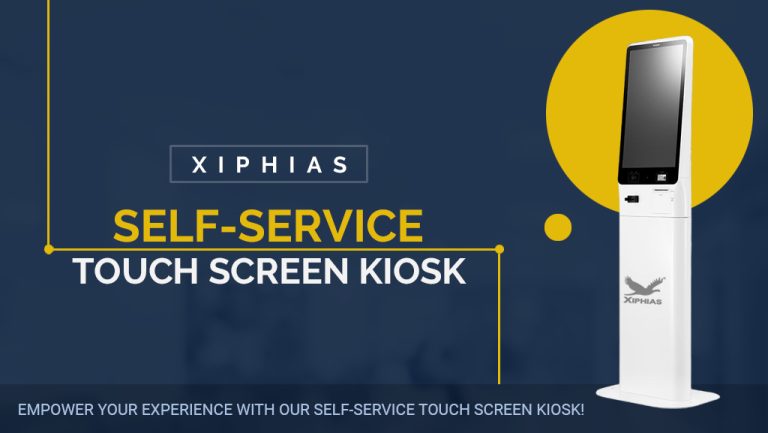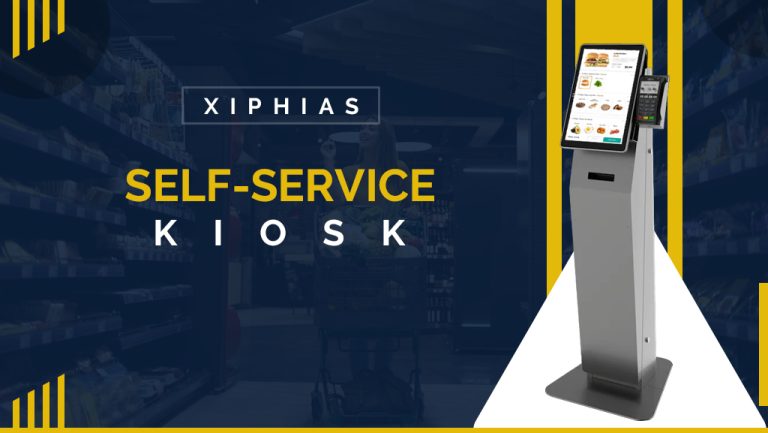Taking Healthcare to the Next Level with Self-Service Kiosks
Self-Service Kiosks have emerged as a transformative force in healthcare, reshaping the patient experience and optimizing operational efficiency for healthcare providers. These interactive terminals are revolutionizing the way patients access and engage with healthcare services, offering convenience, accessibility, and empowerment like never before.
The Evolution of Healthcare Kiosks
The evolution of Healthcare Kiosks is a testament to the ongoing advancements in technology and the changing landscape of healthcare delivery. What began as simple check-in terminals has evolved into sophisticated self-service kiosks equipped with a wide range of functionalities, from appointment scheduling and medical record access to telemedicine consultations and health monitoring.
Benefits for Patients
Self-Service Healthcare Kiosks are designed with the patient experience in mind. By streamlining administrative processes such as check-in, appointment scheduling, and payment, these kiosks reduce wait times and empower patients with greater control over their healthcare journey. Patients can check in for appointments, update personal information, and access relevant healthcare resources—all with ease and convenience.
Efficiency for Providers
Healthcare Kiosks not only benefit patients but also healthcare providers. By automating routine administrative tasks, such as registration and data entry, these kiosks improve workflow efficiency and allow staff to focus more on patient care. This streamlining of processes translates to shorter wait times, smoother clinic operations, and ultimately, better patient outcomes.
Enhancing Patient Experience
A positive patient experience is essential for building trust and fostering patient satisfaction. Healthcare Kiosks play a crucial role in enhancing the patient experience by providing convenient access to healthcare services and information. Patients appreciate the convenience of self-service options, which allow them to complete tasks quickly and efficiently, without the need for lengthy paperwork or wait times at the front desk.
Scope of Services
The scope of services offered by Healthcare Kiosks is extensive. In addition to basic functions like appointment check-in and payment processing, these kiosks may offer features such as medical history review, prescription refill requests, and access to educational resources. Some advanced kiosks even support telemedicine consultations, enabling patients to connect with healthcare providers remotely.
Improving Data Accuracy
Automated data entry and integration with electronic health records (EHR) systems improve data accuracy and integrity. By minimizing manual input and transcription errors, Healthcare Kiosks ensure that patient information is up-to-date and accurate, enhancing the quality of care delivered by healthcare providers.
Cost Savings
In addition to improving efficiency and patient satisfaction, Healthcare Kiosks also deliver cost savings for healthcare organizations. By reducing the need for manual labor and streamlining administrative processes, these kiosks help lower operational costs and increase overall productivity. This translates to significant cost savings over time, making Healthcare Kiosks a sound investment for healthcare providers.
Accessibility and Convenience
One of the key benefits of Healthcare Kiosks is their accessibility and convenience. Patients can access healthcare services anytime, anywhere, with self-service kiosks located in convenient locations such as hospitals, clinics, and pharmacies. This accessibility ensures that patients can receive the care they need without unnecessary delays or barriers.
Personalized Healthcare Solutions
Healthcare Kiosks can be customized to cater to the unique needs and preferences of patients. Customizable interfaces allow patients to personalize their healthcare experience, selecting options that align with their specific requirements. This personalization enhances patient engagement and satisfaction, ultimately leading to better health outcomes.
Patient Privacy and Security
Patient privacy and security are of paramount importance in healthcare. Healthcare Kiosks incorporate stringent security measures to safeguard patient data and ensure compliance with healthcare regulations such as HIPAA. Features such as encrypted data transmission and user authentication help protect sensitive information and maintain patient confidentiality.
Integration with Electronic Health Records
Seamless integration with electronic health records (EHR) systems is essential for Healthcare Kiosks. This integration allows for real-time access to patient information, enabling healthcare providers to make informed decisions and deliver personalized care. By accessing up-to-date medical records and treatment histories, providers can offer more effective and efficient care to patients.
Telemedicine Integration
Some Healthcare Kiosks feature telemedicine capabilities, allowing patients to connect with healthcare providers remotely. This integration enables virtual consultations and follow-up appointments, expanding access to care for patients in remote or underserved areas. Telemedicine kiosks offer a convenient and cost-effective alternative to traditional in-person visits, particularly for routine check-ups and non-emergency medical issues.
Health Monitoring and Education
Healthcare Kiosks provide patients with access to health monitoring tools and educational resources to support self-management and preventive care. Patients can track vital signs such as blood pressure and weight, receive personalized health tips, and access educational materials on topics such as nutrition, exercise, and chronic disease management. By empowering patients with knowledge and tools for self-care, Healthcare Kiosks promote healthier lifestyles and reduce the burden on the healthcare system.
Enhancing Preventive Care
Preventive care is essential for maintaining overall health and well-being. Healthcare Kiosks play a vital role in promoting preventive care by offering health screenings, wellness assessments, and preventive health programs to patients. By identifying risk factors and encouraging early intervention, these kiosks help prevent chronic diseases and improve long-term health outcomes for patients.
Remote Patient Monitoring
Some Healthcare Kiosks support remote patient monitoring, allowing healthcare providers to track patient health metrics remotely. Patients can use self-service kiosks to record vital signs and health data, which is then transmitted securely to their healthcare providers for review. This remote monitoring enables early detection of health issues and timely intervention, leading to better disease management and improved patient outcomes.
Improving Healthcare Access
Healthcare Kiosks play a crucial role in improving access to healthcare services, particularly in underserved and remote areas. By bringing healthcare services closer to patients, these kiosks help bridge gaps in access and reduce disparities in healthcare delivery. Whether located in rural clinics, community centers, or retail pharmacies, Healthcare Kiosks expand access to care for patients who may otherwise face barriers to healthcare.
Empowering Patients
Perhaps most importantly, Healthcare Kiosks empower patients to take an active role in managing their health and well-being. By providing access to information, resources, and tools for self-care, these kiosks enable patients to make informed decisions about their health and engage more effectively with their healthcare providers. Empowered patients are better equipped to navigate the complexities of the healthcare system and advocate for their own health needs, leading to improved health outcomes and greater satisfaction with care.
Future Trends in Healthcare Kiosks
As technology continues to evolve, so too will Healthcare Kiosks. Future trends in this space may include advancements in artificial intelligence (AI), machine learning, and Internet of Things (IoT) technology. AI-powered virtual assistants may enhance the user experience by providing personalized recommendations and support, while IoT-enabled devices could enable seamless data exchange and integration with wearable health trackers. These innovations have the potential to further enhance the capabilities of Healthcare Kiosks and revolutionize the delivery of healthcare services in the years to come.
Conclusion
Self-Service Kiosks are revolutionizing healthcare delivery, offering convenience, efficiency, and empowerment to patients and providers alike. By automating routine tasks, improving data accuracy, and providing a seamless patient experience, these kiosks are transforming the way healthcare is accessed and delivered. As we look to the future, the potential for Healthcare Kiosks to improve health outcomes, enhance patient satisfaction, and reduce costs is immense. Let’s embrace the possibilities of self-service technology and take healthcare to the next level.

